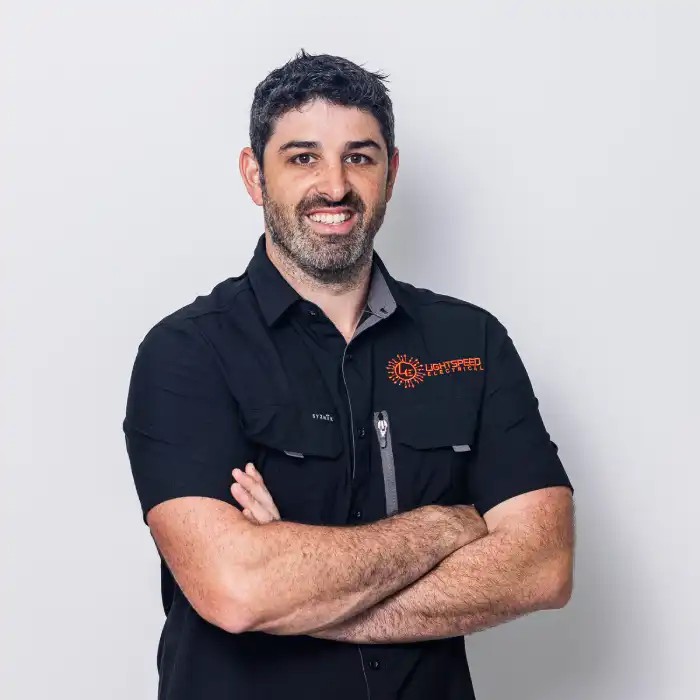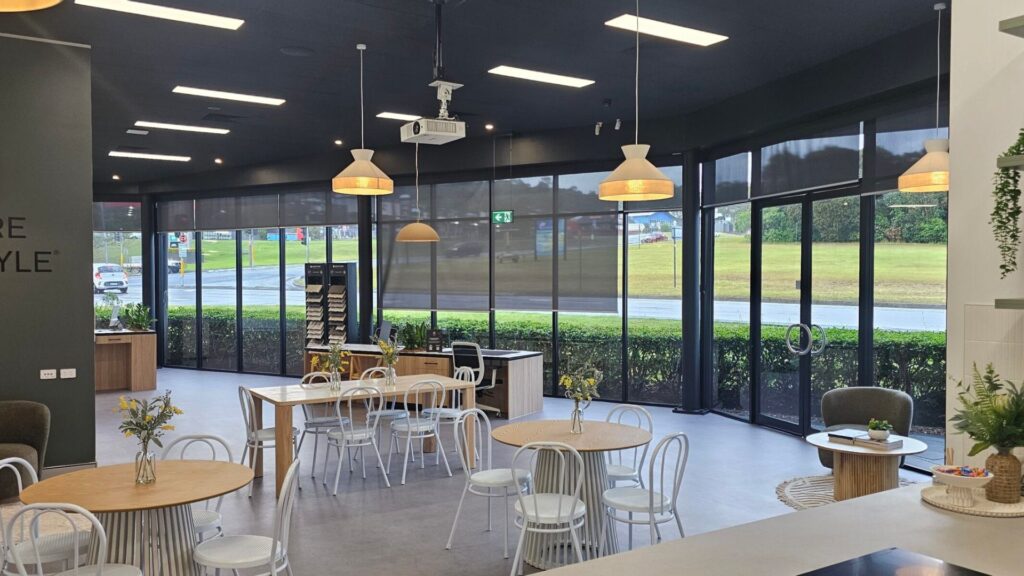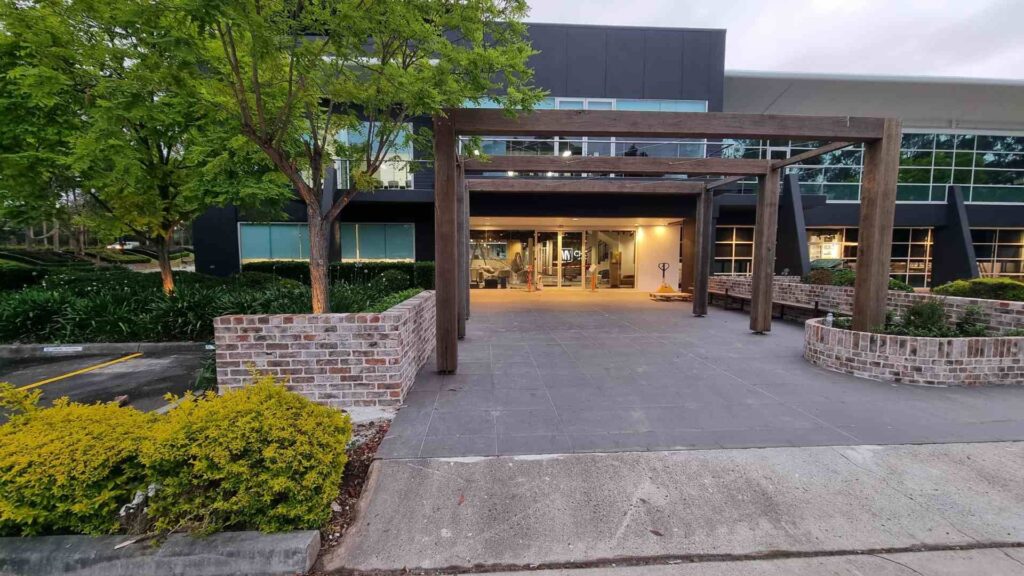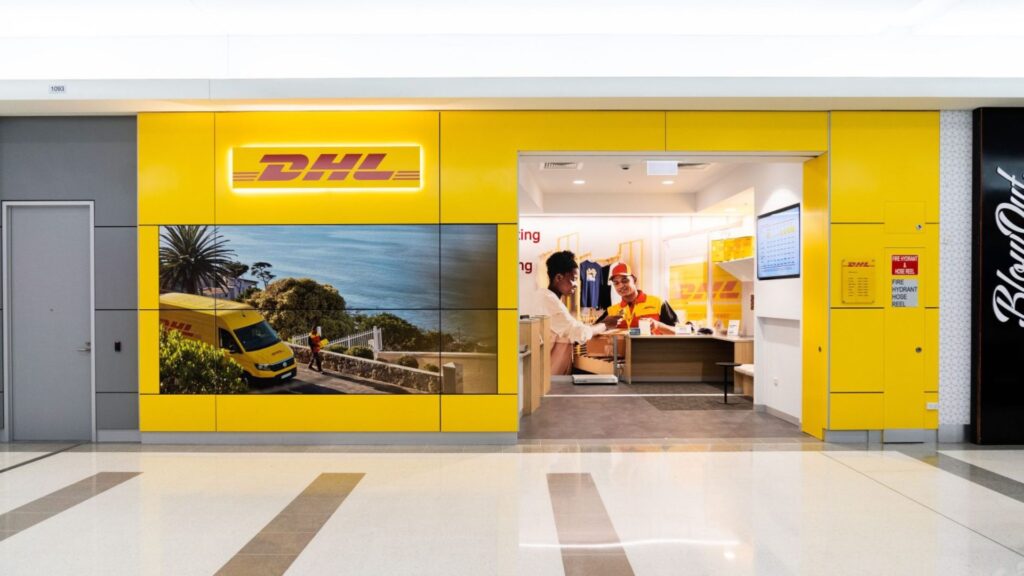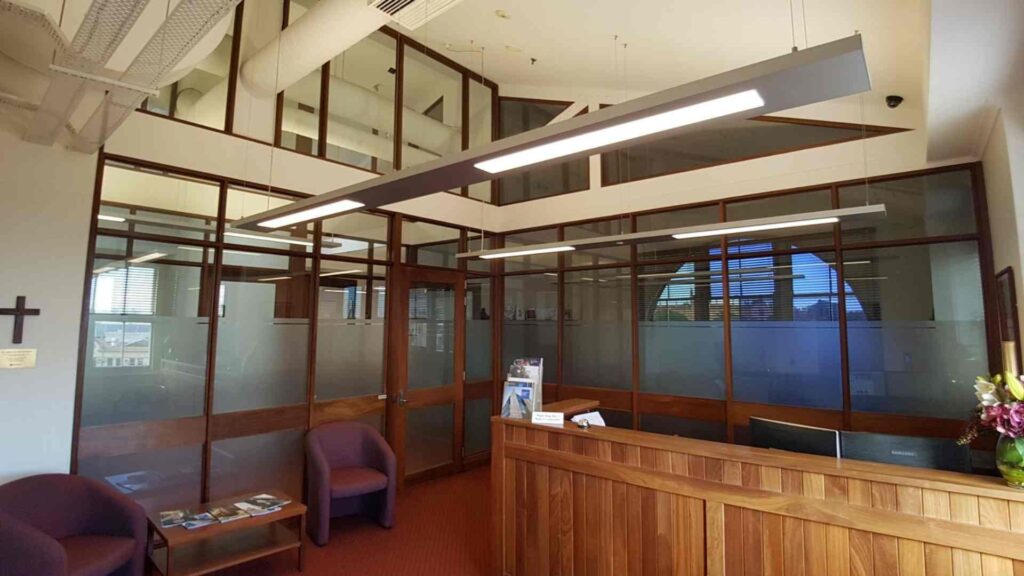If your Wi-Fi keeps dropping, buffering during Netflix, or lagging during Zoom calls—the problem might not be your internet plan. It’s probably your wiring.
Here’s the part no one tells you: Your home’s network is only as strong as the cables and connections behind your walls. That’s where a data electrician comes in. They’re not your everyday sparkie. They’re specialists who make sure every signal, from your NBN box to your smart TV, flows fast and friction-free. And in homes across Sydney—especially older ones—poor cabling is the silent killer of speed, reliability, and performance.
Let’s break down what a data cabling technician actually does, why it matters more than ever in 2025, and how to know if you need one.
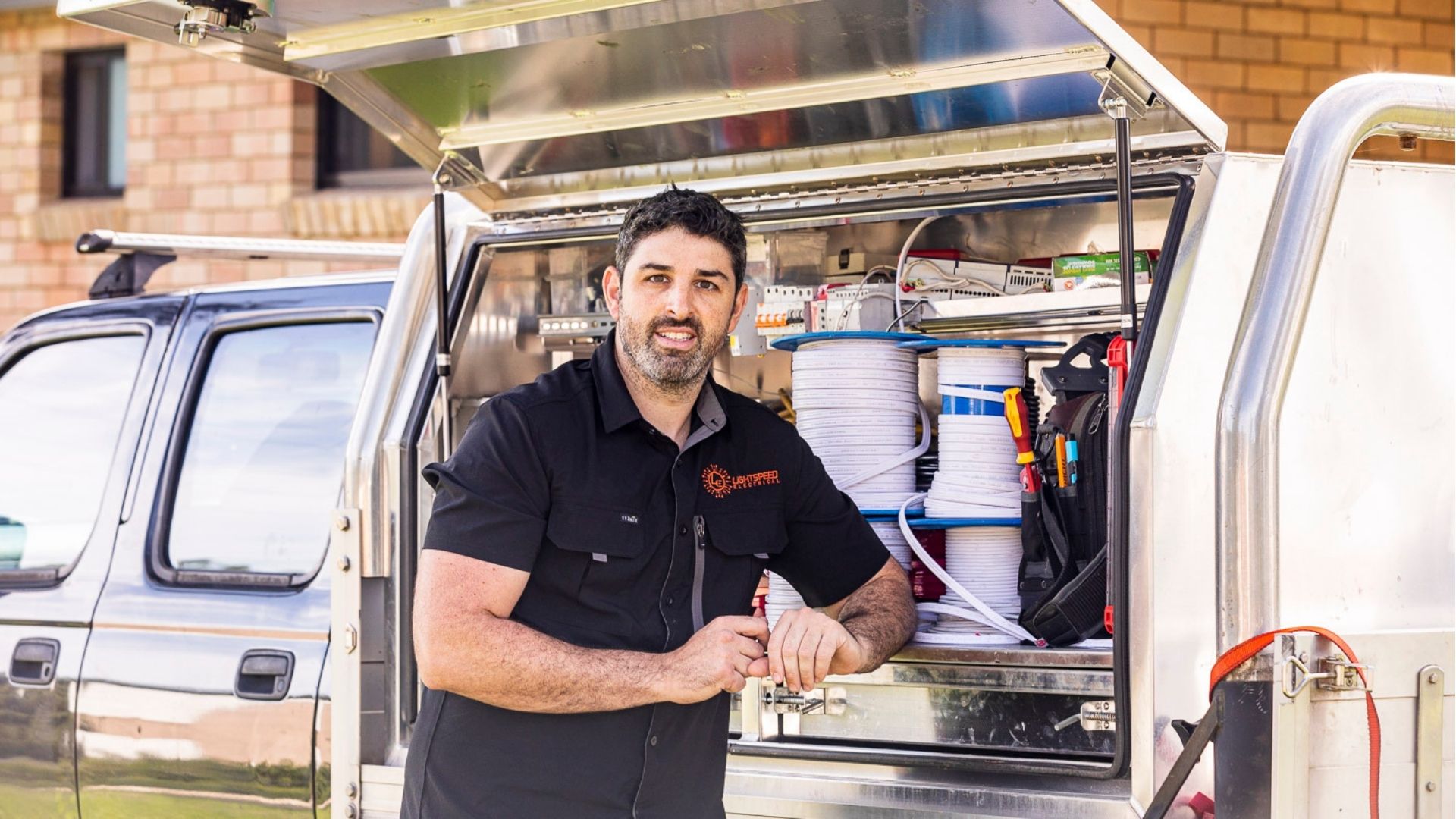
The Real Job of a Data Electrician (Not What You Think)
Most people think data cabling is just “running some wires through the wall.” Wrong. Data cabling is the hidden infrastructure that carries every digital signal in your home — your internet, your smart devices, even your CCTV system. It’s what turns a bunch of gadgets into a connected, high-speed network. This type of technician specializes in building that foundation. Unlike general sparkies who focus on power points and lighting, these pros work on low-voltage systems that move information, not electricity.
Here’s the difference in plain terms:
- Regular electrician = power
- Structured cabling technician = signal
It’s the difference between getting electricity to your TV… and getting Netflix to play without lag. In Sydney homes, especially older ones, most issues with Wi-Fi, NBN dropouts, or unreliable smart devices come down to messy, outdated, or DIY cabling setups.
Some of the most common problems they solve:
- Internet that’s fast near the router but dead in the bedrooms
- Smart home gear that randomly disconnects
- NBN boxes installed in terrible locations
- Cables running loose in the ceiling (fire risk, performance issues)
Bottom line? If your home is struggling to keep up with modern tech, the wiring behind your walls might be the reason — and a cabling expert is the one who fixes it.
Why Homeowners in Sydney Are Calling Data Electricians (More Than Ever)
Let’s be real: the way we use our homes has completely changed. We’re streaming 4K movies, running smart security systems, holding Zoom calls, syncing cloud devices, and managing entire home offices — all on a connection that was probably wired two decades ago (or not at all).
That’s why structured cabling has gone from a “nice to have” to an absolute necessity.
Here’s what’s driving the surge:
- Smart homes are booming — lights, speakers, fridges, doorbells, and even blinds need stable connections
- NBN rollout has exposed weak internal wiring in older properties
- Remote work demands faster upload speeds, not just downloads
- 4K/8K streaming eats up bandwidth like crazy
- Cloud backups and syncing run constantly in the background
Now add this to the mix: nearly 70% of homes in Sydney were built before 1990. Back then, structured cabling wasn’t even a thing.
What does that mean for homeowners?
- Dodgy DIY network setups
- Single access points struggling to cover two-story layouts
- Cabling that was never designed for data, only for power
- Hidden junctions, tangled wires, and signal interference all over the place
So when people think it’s their internet plan that’s failing them… it’s not. It’s the outdated infrastructure choking the signal before it ever hits your devices.
Services a Data Cabling Technician Offers
When you hire a data cabling expert, you’re not just getting someone who runs wires — you’re getting a pro who can:
1. Ethernet Cable Installation
Your home’s network is only as fast as the cables running through it. Ethernet is the gold standard for reliable, high-speed connections. If you’re tired of your Wi-Fi dropping when the family logs on, Ethernet installation is the game-changer. Running Ethernet from your router to key rooms ensures low latency, high-speed performance, and uninterrupted streaming or work.
2. NBN Connection Support
The NBN is the backbone of your internet speed. But here’s the truth: if it’s not wired properly, you won’t get anywhere near the speeds you’re paying for. A cabling technician ensures NBN connection support with proper installation, setup, and troubleshooting. If you’re not getting the speeds advertised, it could be your wiring — and these experts know how to fix that.
3. Smart Home Integration
Smart homes are no longer futuristic; they’re standard. But getting all those devices (lights, thermostats, speakers, etc.) to work seamlessly requires a solid network foundation. That’s where structured cabling comes in. A pro can set you up with a smart home network that handles everything without crashing your Wi-Fi or leaving you with dead zones.
4. Wi-Fi Optimization and Range Extenders
Your router’s placement matters — but sometimes, it’s just not enough. If your Wi-Fi is sluggish in certain rooms or floors, a technician will optimize your network layout or install range extenders. This ensures fast, reliable internet throughout the entire home, so you won’t have to reboot the router every time you want to stream or work.
5. Network Troubleshooting
Think your internet is slow because of your ISP? Think again. A data cabling pro can diagnose issues with your wiring, routers, switches, and more. Sometimes, it’s just a faulty cable or improper setup that’s causing chaos in your system. These experts can get you back to full speed fast.
6. Patch Panel and Rack Setup
For homes with a lot of connected devices, keeping everything organized and efficient is key. A patch panel setup provides a central point for all your cables, making it easier to manage your network. Whether you have a large home or an office with lots of tech, a rack system can keep everything streamlined and help prevent future issues.
7. CCTV/Security System Cabling
Security is non-negotiable. Proper CCTV cabling ensures your cameras are always powered, connected, and streaming in high resolution. A cabling expert knows how to run cables safely through your walls, ensuring minimal exposure and maximum performance. No more worrying about blurry footage or missed recordings.
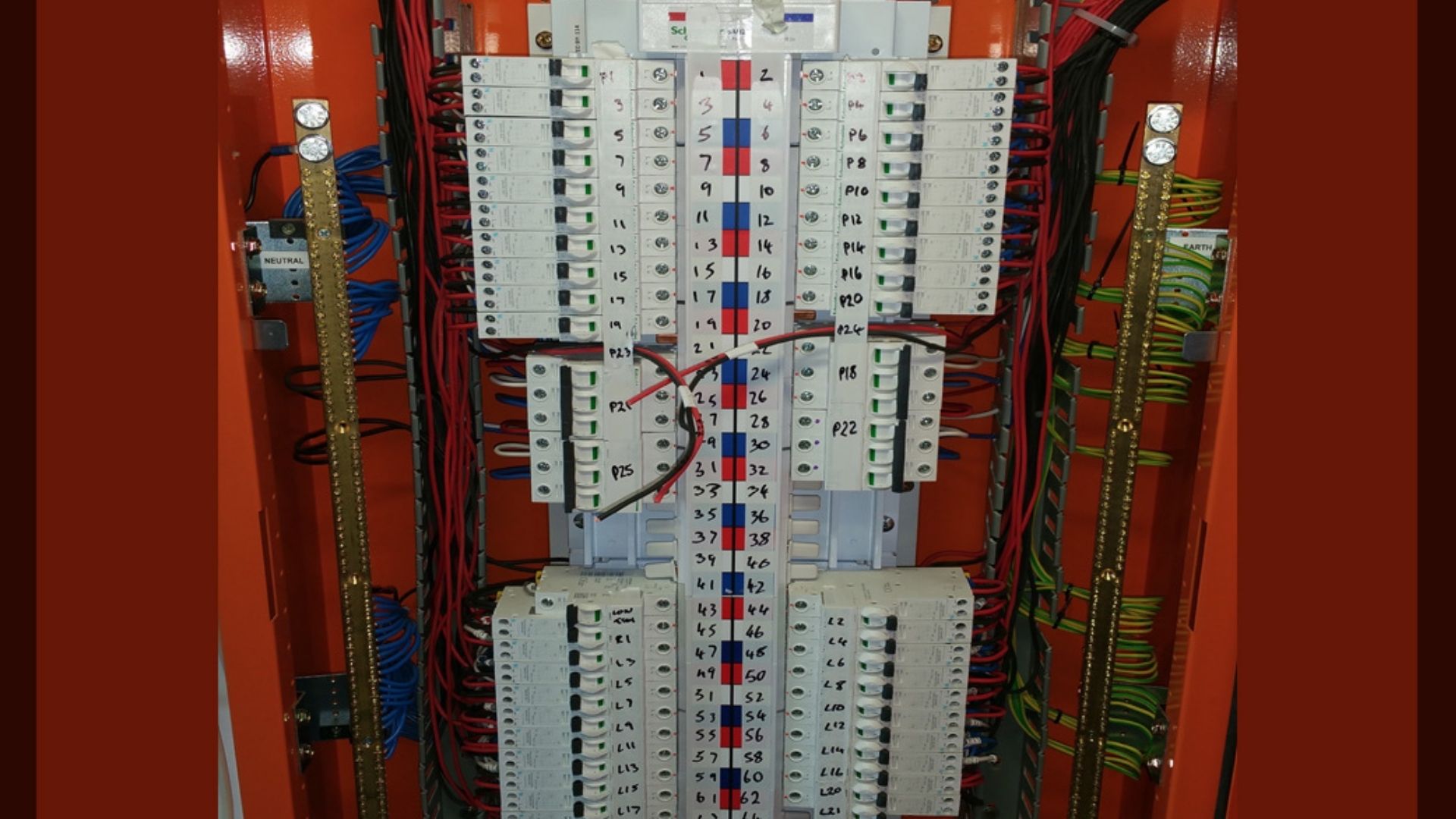
How to Know If You Need a Data Electrician (5 Signs to Watch For)
Not sure if you need a cabling pro? Here are 5 telltale signs that it’s time to call in the experts:
1. Constant Buffering or Dropouts
If you’re tired of watching a movie only to have it freeze every few minutes, or your Zoom call drops in the middle of a presentation, it’s not just your internet speed. More likely, it’s your cabling. Bad wiring or improper installation can cause weak signals and interruptions in your network, no matter how fast your plan is.
2. Dead Wi-Fi Zones in Your Home
Let’s face it: having Wi-Fi that works in some rooms but not others is frustrating. If your home has dead zones—rooms or floors where the Wi-Fi signal barely reaches—chances are your network setup isn’t up to par. A data cabling expert can run Ethernet cables, install range extenders, or even reroute the system to get reliable coverage everywhere.
3. Smart Devices Acting Up
From your smart fridge to your security cameras, all your smart devices depend on a solid connection. If your devices randomly disconnect, fail to sync, or take forever to respond, it’s time to get your cabling checked. These issues often stem from improper wiring or network congestion caused by poor infrastructure.
4. NBN Issues That Don’t Go Away
NBN connection issues are frustrating, especially if you’ve already been through the troubleshooting steps with your provider. But if things still aren’t working properly — even after the NBN box is installed — you may have an internal wiring issue. A cabling technician will diagnose the problem, fix bad connections, and make sure your home is properly wired to handle the NBN’s full potential.
5. Renovating or Building? You’ll Want Structured Cabling From the Start
If you’re renovating or building a new home, structured cabling should be a top priority. It’s much easier (and cheaper) to install quality wiring during construction than after the fact. Structured cabling ensures a solid network foundation for all your tech now and in the future, saving you from costly re-wiring down the line.
Data Electrician vs. Regular Electrician: Who Should You Call?
Quick Comparison Table:
| Task | Data Electrician | Regular Electrician |
| Focus Area | Data wiring, networking, and tech integration | Power systems: outlets, lights, circuit boards |
| Core Skills | Ethernet, NBN, Wi-Fi optimization, security systems | Power installation, general electrical work |
| Licensing | Austel/ACMA Certified for structured cabling | Licensed for general electrical work |
| Work Scope | Low-voltage, non-power systems | High-voltage power systems |
| Common Jobs | Install data cables, optimize networks, integrate smart tech | Install power points, lighting, switchboards |
Licensing and Qualifications (Austel/ACMA Certified)
Here’s a crucial point: licensing matters. Regular electricians are licensed for power systems, while data cabling technicians need specialized certifications. In Australia, these specialists must hold Austel/ACMA certifications to legally handle low-voltage systems. This ensures they know how to install, maintain, and troubleshoot data cabling in a way that’s safe and up to code. If you’re dealing with anything related to networking, data transmission, or NBN, you need someone who’s qualified for the job.
For tips on managing your home’s power, make sure to check out Conserve Electricity Tips.
What They Legally Can and Can’t Touch
While a regular electrician can work on high-voltage systems like power points, switchboards, and general home wiring, a data cabling expert has a clear boundary: low-voltage systems. This includes your Ethernet cables, phone lines, NBN connections, and other network wiring. A regular electrician cannot legally install or service structured cabling unless they have the proper qualifications (which is rare).
For example, Power Installation in modern buildings requires knowledge of power systems, but when it comes to setting up data points or optimizing Wi-Fi, that’s the expertise of a cabling pro.
If you’re experiencing issues with your network, it’s important to call the right professional. If you’re dealing with Data Cabler-related mistakes or looking to fix your Wi-Fi, don’t hesitate to contact the experts who specialize in data systems.
To put it simply: If your issue is related to your home network, Wi-Fi, or NBN, data cabling experts are your go-to. For everything else—power installation and electrical work—stick with your regular electrician.
Cost of Hiring a Data Cabling Technician in Sydney (2025 Rates)
Average Hourly or Project-Based Pricing
When it comes to hiring a data cabling technician, pricing can vary depending on the complexity of the job and your location. On average, hourly rates range from $100 to $150 per hour for straightforward tasks like Ethernet cable installation or NBN setup.
For larger projects, such as installing structured cabling throughout a home or building out a full smart home network, you’re looking at project-based pricing, which typically starts around $1,000 and can go up to $5,000 or more. This can include everything from cabling, equipment, and network testing to the final setup.
If you’re in the Sydney area and need expert services, check out the Electrician Surry Hills for more on local pricing and availability.
What Impacts the Cost?
Several factors affect the final price of data cabling services:
- Size of the house: Larger homes will require more cabling, time, and effort to ensure reliable coverage in every room.
- Access to cabling routes: If your walls are difficult to access (like in older homes), it could add extra time to the project, increasing costs.
- Cable type: The quality of cables used (Cat 5e, Cat 6, or even fibre-optic) impacts the price. Higher-quality cables may cost more but provide better performance and future-proof your network.
For homes undergoing renovations, it’s a great idea to plan your cabling installation early. This can save you money and ensure the Power Installation is done properly alongside your electrical upgrades.
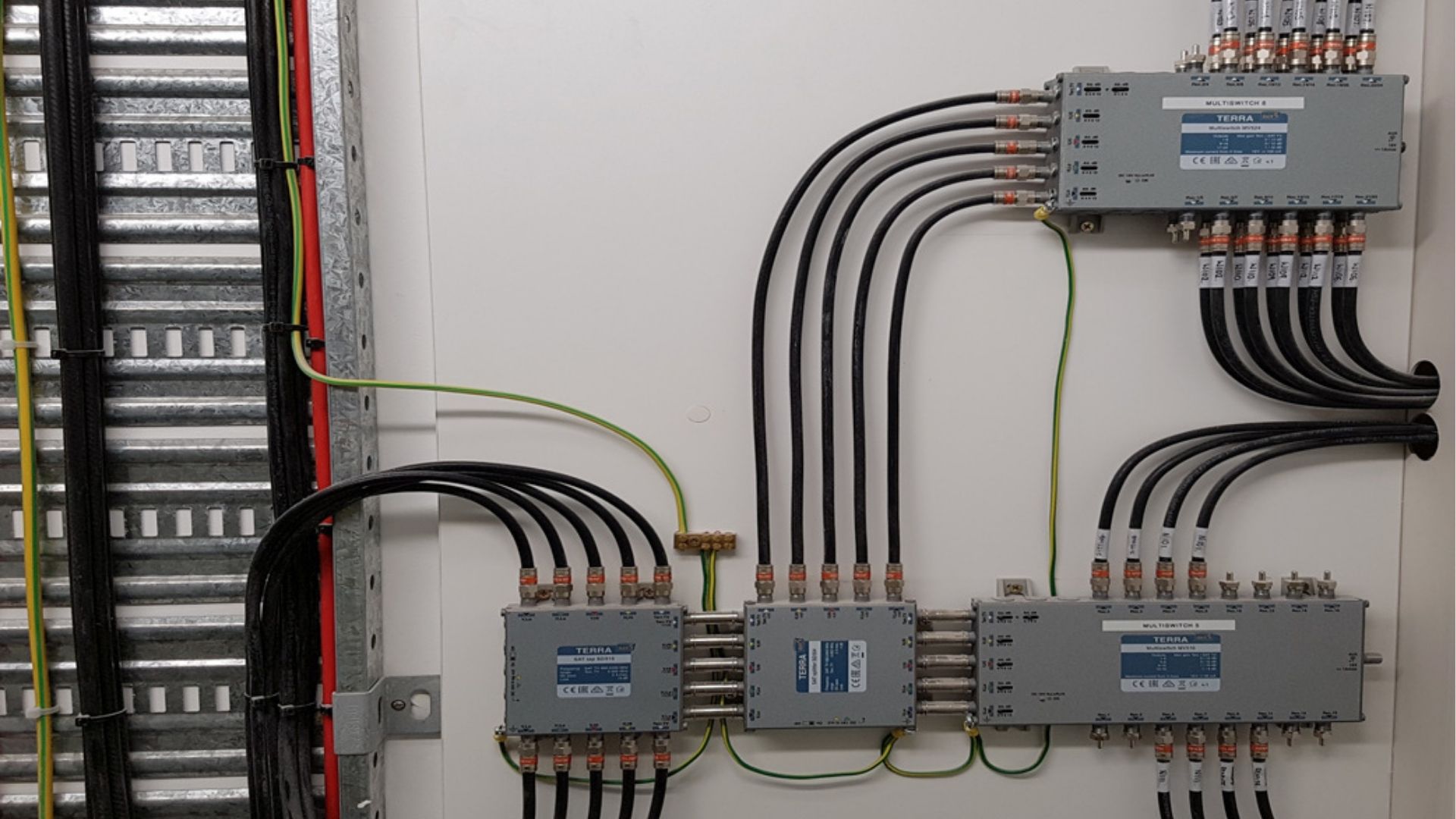
How to Get an Accurate Quote
The best way to get an accurate quote is to call in a technician for an on-site inspection. They’ll assess your home’s needs and provide a detailed estimate based on:
- The number of rooms or zones to be wired
- Any challenges related to accessing existing wiring routes
- The equipment needed (routers, switches, patch panels, etc.)
- Your desired level of service (just basic cabling or full network optimization)
For straightforward jobs like adding extra Ethernet ports or improving Wi-Fi coverage, you might get an estimated flat rate from a technician who’s familiar with common installations in Sydney. If you’re unsure of what’s involved, you can also check out the common Data Cabler mistakes that might affect your installation and avoid unexpected costs.
ROI: Cost vs. Long-Term Performance Gain
The upfront cost of hiring a data cabling technician can feel like a big investment, but think of it as paying for future-proofing your home. High-speed, reliable internet is no longer a luxury — it’s essential for everything from work to entertainment.
Here’s why it’s worth it:
- Improved Wi-Fi coverage: No more dead spots. You’ll get faster, more reliable connections throughout the house, which can increase productivity and entertainment quality.
- Future-proofing your home: Structured cabling is built to last, supporting higher speeds and new tech as it comes out. Think of it as laying down the foundation for whatever devices and systems you’ll be adding in the future.
- Smart home optimization: A pro setup means your smart home systems will work seamlessly, avoiding the constant issues that come with cheap, DIY solutions.
Ultimately, you’ll save time, avoid constant troubleshooting, and get a return on your investment as your network speeds and reliability improve.
Choosing the Right Data Electrician in Sydney (What to Look For)
Choosing the right expert for the job isn’t just about finding someone with a low price tag. It’s about ensuring the technician can provide high-quality work, future-proof your home’s network, and give you peace of mind knowing the job will be done right.
Here’s what to look for when choosing a data cabling expert:
1. Licensing and Insurance
Don’t settle for anyone without the proper credentials. In Australia, data cabling professionals should be ACMA (Australian Communications and Media Authority) or Austel certified to legally work on low-voltage systems like Ethernet and phone lines. Insurance is just as important — if something goes wrong during the installation, you want to be covered. Always ask for proof of both before hiring.
2. Experience with Residential Work
While some data electricians may be more focused on commercial projects, residential work requires a different level of attention to detail. Look for an electrician with plenty of experience handling residential cabling, especially in Sydney’s older homes, where installation can be trickier. If you’re dealing with a home network overhaul or setting up a smart home system, a technician with solid experience in this field will ensure your network is wired for long-term reliability.
3. Reviews and Case Studies
One of the best ways to gauge an electrician’s quality is to check their reviews and case studies. Look for testimonials from previous customers that specifically mention the services you need, like NBN setup, Ethernet installation, or Wi-Fi optimization. If they have a portfolio or case studies showcasing past residential work, that’s a huge plus. Check out the Electrician Surry Hills for a local team that’s done extensive work in your area.
4. Guarantees and Workmanship
The best technicians stand behind their work. A reliable data cabling expert will offer guarantees on their services, ensuring that if something goes wrong within a certain time frame, they’ll fix it at no extra cost. Ask about their workmanship warranty — if the quality of the installation doesn’t meet your expectations, they should be willing to make it right. For larger projects, a technician might offer a contract that specifies exactly what services are provided, how long the work will take, and the total cost. Be sure to get everything in writing.
5. Red Flags (Cheap Quotes, No Certifications)
It’s tempting to go with the cheapest quote, but in this field, you often get what you pay for. Cheap quotes could mean low-quality materials, rushed work, or a lack of proper experience. If someone gives you a price that’s significantly lower than others, ask yourself why. Another red flag? If the technician can’t show ACMA certification or insurance, don’t risk it. Going with someone unlicensed could leave you vulnerable to poor work or even legal issues down the line. Always do your due diligence.
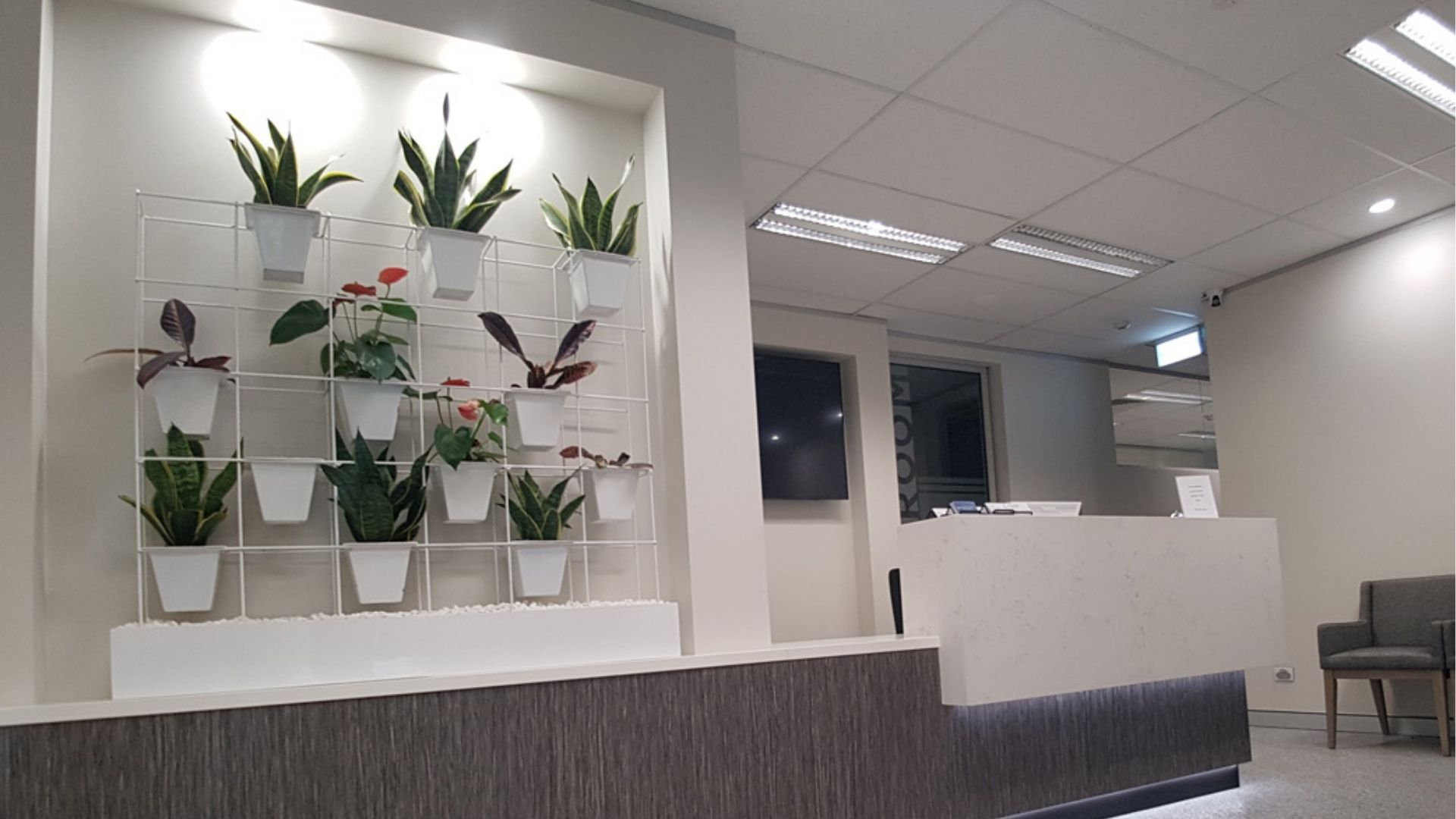
FAQs About Data Electricians in Sydney
Do I need a data cabling specialist for NBN installation?
Yes, data cabling specialists in Sydney are essential for setting up and optimizing your NBN connection. While your NBN provider may install the box and connection point, you’ll need a qualified professional to wire your home for optimal signal strength. This includes Ethernet cable installation, running data points to key areas, and ensuring everything is configured for maximum performance. Without a professional touch, you might experience weak or unreliable connections, which could defeat the purpose of getting NBN in the first place.
Can a regular electrician install data points?
Technically, a regular electrician can install data points, but they may not be qualified for structured cabling or network configuration. For a proper and safe installation, you need someone who’s certified in low-voltage wiring and ACMA-accredited to handle data cabling. If you want to ensure your network will work reliably and efficiently, it’s best to call in a specialist who specializes in data systems and cabling. If you want to avoid the common mistakes that come with DIY installations, consider reaching out to a professional Data Cabler for guidance.
What’s the best cable type for my home?
The best type of cable depends on your needs and future-proofing goals. For most homes in Sydney, Cat 6 Ethernet cables are the sweet spot. They offer excellent speed and bandwidth for modern devices, supporting up to 10Gbps speeds over shorter distances. If you’re setting up a high-speed network or planning to stream 4K content, Cat 6a or fibre optic cables are better for future-proofing your setup. For longer distances or more demanding setups, fiber optic might be your best bet for speed and reliability. For guidance on choosing the right cables for your home, check out this post about Power Installation for insights into modern cabling solutions.
Is structured cabling worth it for small homes?
Absolutely. While structured cabling is often associated with larger homes or businesses, it’s equally valuable for smaller properties. Structured cabling lays out a network backbone that supports multiple devices, future upgrades, and reduces cable clutter. With structured cabling, you’ll have a more organized, efficient setup that can easily handle new technologies down the line. Even for a small home, it means better Wi-Fi coverage, more reliable connections, and a solid foundation for any future tech upgrades.
Final Thoughts: Why Every Smart Home Needs a Smart Electrician
When you think about building a smart home, it’s not just about adding gadgets and devices. It’s about ensuring your home’s infrastructure is capable of supporting the demands of today’s technology — and even tomorrow’s. The right data cabling expert can make or break your home’s connectivity. Without properly installed structured cabling, you risk dealing with slow internet speeds, spotty Wi-Fi, and overall network chaos. In an age where streaming, remote work, and IoT devices are becoming everyday necessities, you don’t want to be caught in a situation where your home is left behind. Future-proof wiring isn’t a luxury — it’s essential. By investing in professional data cabling, you ensure that your home can handle the latest technologies and remain adaptable for years to come.
If you’re ready to take the leap and get your home wired properly for maximum performance, don’t leave it to chance. Book a licensed data electrician in Sydney to assess your home’s needs. A professional installation means fewer headaches, faster speeds, and a smoother experience in the long run.
For all your electrical needs, from Commercial Electrician Services to Industrial Electrician Services, Lightspeed Electricals has you covered with trusted expertise and unparalleled service.

